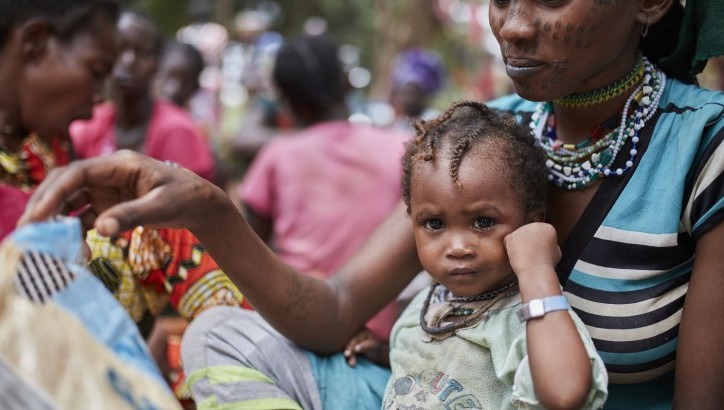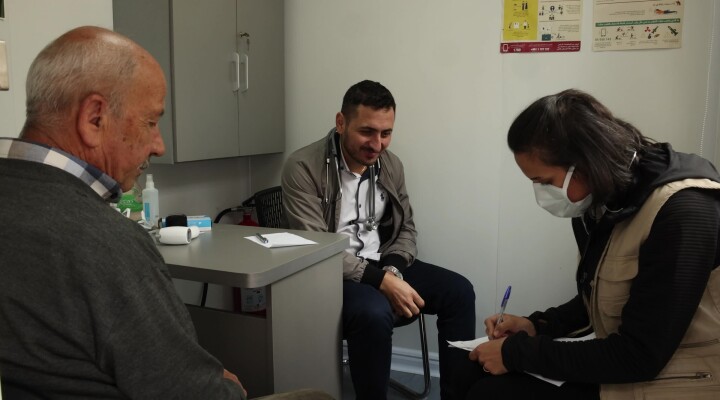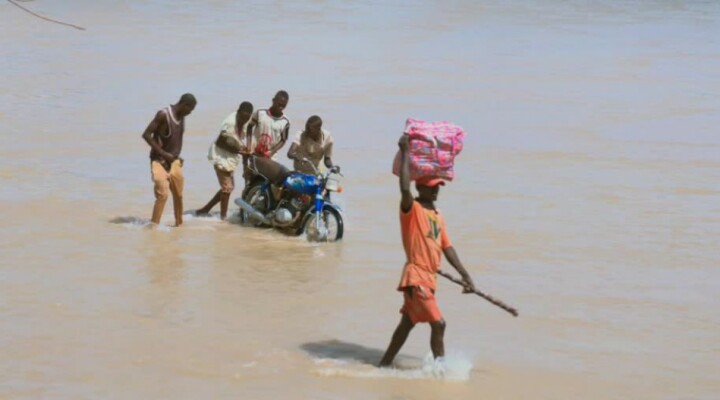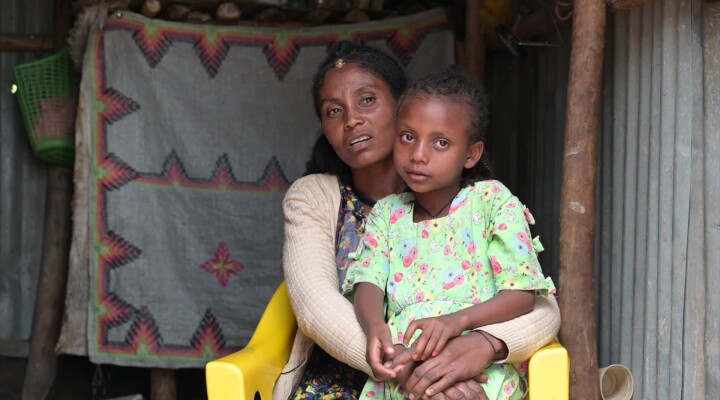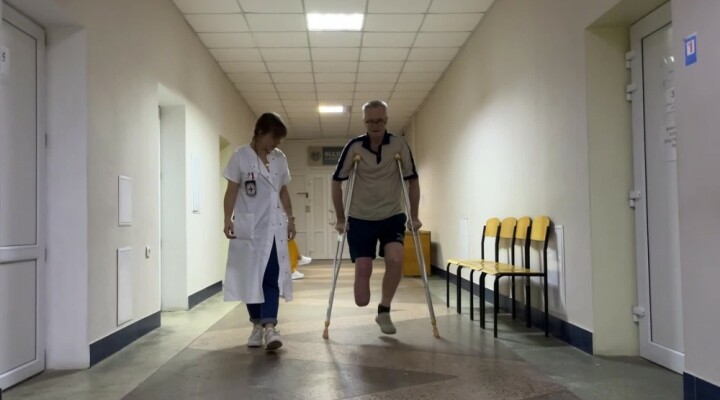Central African Republic: Violence Fuels “Neglected Humanitarian Tragedy,” with Half of Population in Need of Aid
One in five people from the CAR have been forced from their homes by escalating violence, the highest level of displacement since the crisis erupted in 2013. Currently the north-west and south-east of the country are worst hit.
"The Central African Republic is one of the most neglected humanitarian tragedies in our world today. This week I have met people who had to flee for their lives often sleeping in the bush for weeks and months with barely any shelter, food, or clean water," said ICRC President Peter Maurer from the capital Bangui. "The humanitarian needs are enormous and yet the crisis remains largely underfunded, leaving the ICRC and other organizations overstretched to ensure those affected have access to life-saving services."
People not only need shelter, food, safe drinking water and household items, but they also must feel safe in such an insecure environment where sexual violence is rampant.
CAR has the highest number of reported incidents against humanitarian and health workers in the world, greatly affecting the delivery of essential services. Last year alone, 13 Red Cross workers were killed in the line of duty.
"It is crucial that what is happening in CAR is not forgotten or ignored. I urgently call for far greater attention and engagement from the international community for those who are suffering the impact of the violence here," said Mr Maurer. "Beyond an increase in humanitarian aid, we need organizations with influence and creative ideas to help create the conditions for a lasting improvement in people's lives."
During his four-day visit, Mr Maurer met the president of the Central African Republic, Faustin Archange Touadéra, and held discussions with government ministers, humanitarian workers and members of the diplomatic corps.
"I am grateful to the authorities for their good will in supporting humanitarian action, and also appreciate the hard work of the local Red Cross staff and volunteers."
"I was struck by the tremendous resilience of the people. Even in the most desperate circumstances, the signs of entrepreneurship I found are signs of hope and potential. I will remember meeting Marie in Bambari, who has started a women's association and with greater security could grow more produce and build her business. Marie and many others like her need our support to get back on their feet and become self-sufficient again," said Mr Maurer.
For further information, please contact:
Jessica Barry, ICRC Bangui, tel: +236 75 64 30 07 / 72 66 88 81
Jean-Yves Clémenzo, ICRC Dakar, currently in CAR, +236 75 87 63 00
Aurelie Lachant, ICRC Geneva, tel : +41 79 244 64 05
